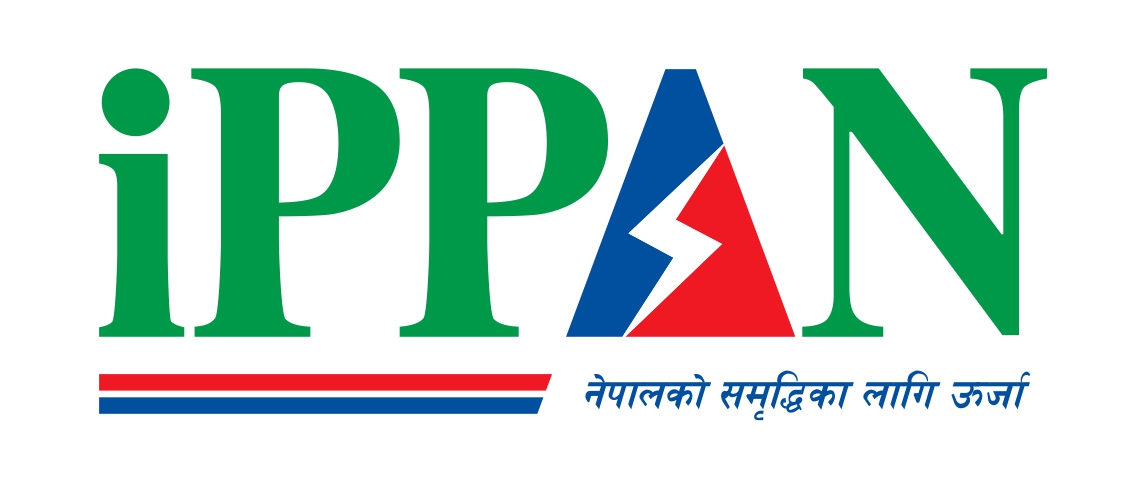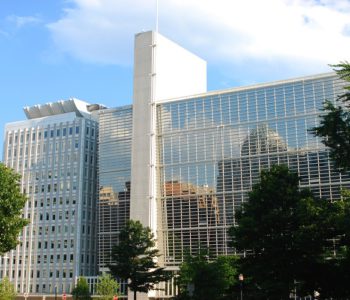IPPAN urges PM Oli to unblock $2 billion in stalled share issuances

KATHMANDU: Nepal’s hydropower sector, a cornerstone of the nation’s renewable energy ambitions, is facing a deepening crisis as share issuances worth over NPR 24.5 billion (approximately $2 billion) remain frozen for 20 months. The Independent Power Producers’ Association, Nepal (IPPAN), has issued an urgent appeal to Prime Minister KP Sharma Oli to intervene and restore a conducive environment for Initial Public Offerings (IPOs) and rights shares, warning that the ongoing stalemate threatens project construction and Nepal’s goal of generating 28,500 megawatts (MW) of electricity by 2035.
The impasse stems from a directive issued by the Public Accounts Committee (PAC) in December 2023, which the Securities Board of Nepal (SEBON) has cited to halt approvals for 53 hydropower companies. This includes IPOs for 42 companies valued at NPR 20 billion and rights shares for 11 companies worth NPR 4.5 billion. The freeze, which began in August 2023, has not only stalled critical funding for project construction but also violated legal mandates requiring hydropower companies to allocate shares to the public, including local communities affected by projects.
A Sector in Paralysis
The PAC’s directive, issued during its 19th meeting, mandates that companies must have a “real net worth” above 90 to issue IPOs—a term IPPAN argues is undefined and inapplicable in the hydropower sector. SEBON’s insistence on awaiting government clarification has left projects in limbo, with severe financial repercussions. “The halt in share issuances is choking the lifeblood of hydropower development,” said an IPPAN spokesperson. “Without capital, construction grinds to a halt, and local communities, denied their promised shares, are obstructing projects out of frustration.”
The financial strain is compounded by another PAC ruling that prohibits founding shareholders from selling one-third of their shares even after the mandatory three-year lock-in period, deterring equity investments. With modern hydropower projects attracting over 10,000 founding investors through crowd-financing, such restrictions risk stifling the sector’s ability to fund future large-scale projects, IPPAN warns. This could derail the government’s ambitious ‘Energy Development Roadmap and Action Plan, 2081,’ which targets a massive expansion of Nepal’s hydropower capacity.
Global Context and Local Consequences
Globally, countries with robust hydropower sectors impose lock-in periods of no more than two years for founding shares, with many reducing this to six months to encourage crowd-financing. Nepal’s prolonged restrictions, by contrast, are out of step with international norms, stifling investment at a time when the country needs an estimated NPR 6 trillion (over $45 billion) to meet its 28,500 MW target. The private sector, which accounts for 80% of Nepal’s 3,500 MW installed capacity, has already invested NPR 1.5 trillion across 190 operational projects, with 282 more in various stages of development.
The freeze has broader implications. Hydropower projects totaling 4,063 MW are under construction, while another 4,363 MW await financial closure after securing Power Purchase Agreements (PPAs) with the Nepal Electricity Authority. Projects exceeding 18,700 MW are in the pipeline, pending PPAs or construction permits. The inability to issue shares jeopardizes not only these projects but also Nepal’s energy security and economic growth, as hydropower remains a key driver of both.
IPPAAN’s Plea to the Prime Minister
Frustrated by unsuccessful attempts to resolve the issue through dialogue with the PAC, Finance and Energy Ministries, and SEBON, IPPAN has now turned to Prime Minister Oli as a last resort. The association has called for immediate coordination with the PAC to revise its directives and for SEBON to receive clear instructions to resume share approvals. “We’ve exhausted every channel,” said IPPAN. “The Prime Minister’s leadership is critical to unlocking these funds and saving our hydropower ambitions.”
The appeal underscores the private sector’s pivotal role in Nepal’s energy landscape. With 600 member companies, IPPAN represents a sector that has powered Nepal’s progress, contributing 2,800 MW to the national grid. Yet, without swift action, the current crisis could erode investor confidence, delay critical infrastructure, and jeopardize the government’s vision of a self-reliant, energy-abundant Nepal.
As Nepal stands at a crossroads, IPPAN’s plea highlights the need for decisive policy reform to align with global best practices and unlock the hydropower sector’s potential. The government now faces a critical test: act swiftly to restore share issuances or risk stalling a sector vital to the nation’s future. With billions in investments and thousands of megawatts hanging in the balance, all eyes are on Prime Minister Oli to deliver the breakthrough Nepal’s energy sector desperately needs.













Facebook Comment